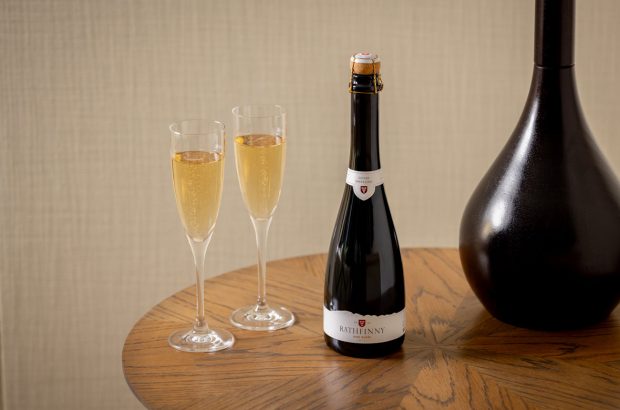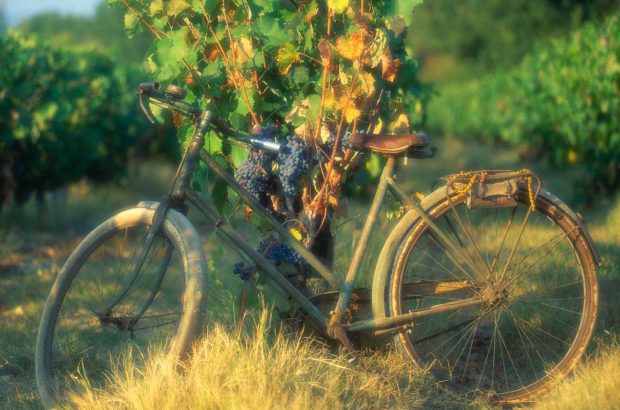Miguel Torres and other wine producers around the world are experimenting with Chinese oak.
Rioja cooperage Tonelería Magreñán sources the wood from a forest in Mongolia.
Spain’s Miguel Torres is reporting ‘interesting’ results from its early experiments with a few barrels made from quercus mongolica, while other wineries in Italy, Bordeaux and the US have also bought the wood from the cooperage.
The company joined forces with a Chinese partner to import the oak three years ago, curing the wood and then storing it until it was ready for use this year.
Torres technical director Mireia Torres said the company had used the barrels for fermentation, partial malolactic fermentation and maturation on lees for a Chardonnay from the Upper Penedès area, source of Torres’ Fransola Sauvignon Blanc.
‘We experiment on everything – it’s in our mission,’ said Torres. ‘When we heard about Chinese oak, we asked a supplier for a couple of barrels.
‘The wine aged with Chinese oak has turned out to be quite interesting. It offers a very good aromatic and fruit intensity. There are fine toast notes, and some vanilla and coconut notes, similar to American oak.’
It is less complex on the palate than wine aged in French oak, she said.
Chinese oak is currently 5-10% cheaper than French oak. Torres did not say if the company would begin using it more extensively.
Written by Richard Woodard





